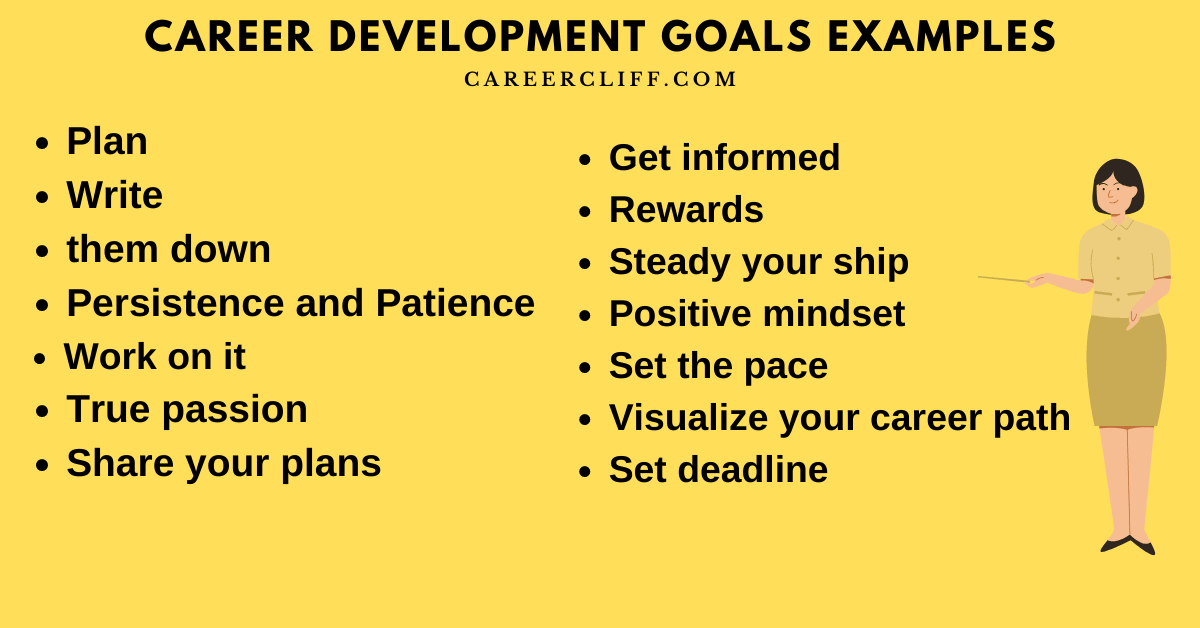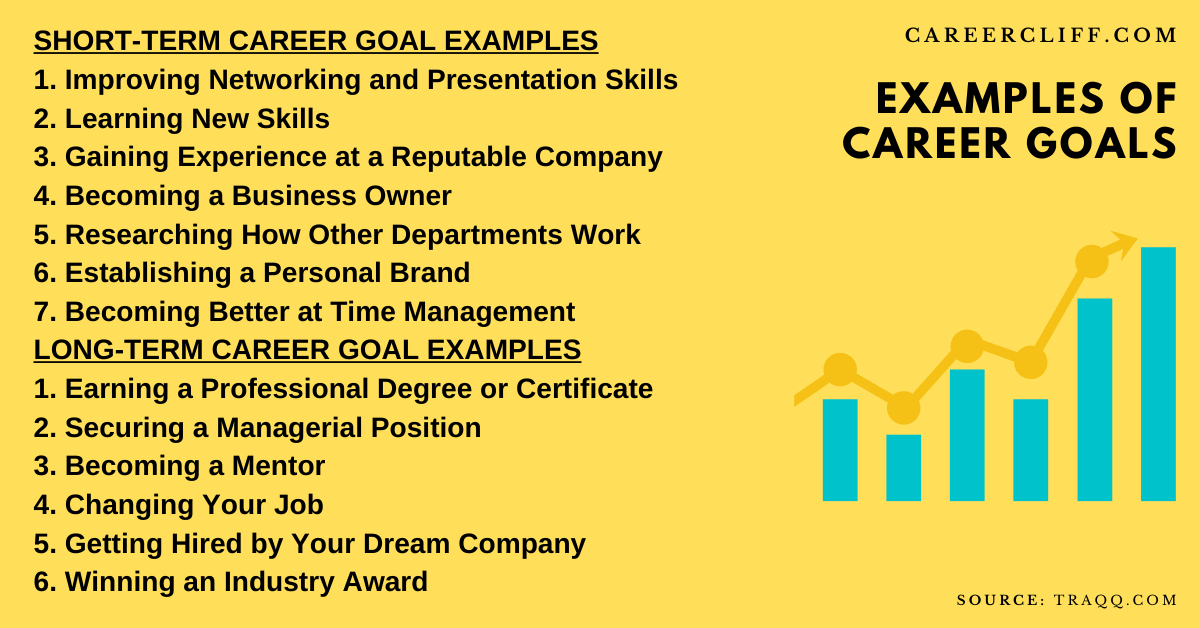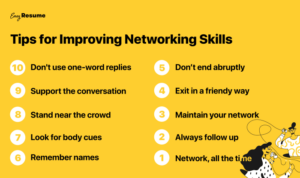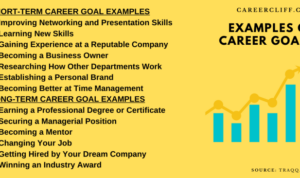Career Development Goals are the key to unlocking your professional potential, guiding you towards success in your chosen field. From skill acquisition to overcoming obstacles, this journey is all about growth and achievement.
Importance of Career Development Goals
Setting career development goals is crucial for professional growth as it provides a roadmap for individuals to progress in their careers. Without clear goals, individuals may find themselves stagnant or unsure of how to advance.
Increased Clarity and Focus
- Having specific career goals helps individuals clarify what they want to achieve in their professional lives.
- With a clear direction, individuals can focus their efforts on tasks and opportunities that align with their goals.
- Increased clarity and focus can lead to better decision-making and prioritization of tasks.
Motivation and Drive
- Setting career development goals can provide individuals with a sense of purpose and motivation to work towards their aspirations.
- Having tangible goals to strive for can keep individuals motivated during challenging times or setbacks.
- Goals act as a driving force, pushing individuals to go above and beyond in their careers.
Achieving Success
- Clear career goals can serve as a benchmark for success, allowing individuals to track their progress and accomplishments.
- By setting specific, measurable goals, individuals can celebrate their achievements and milestones along the way.
- Success in one’s career is often a result of setting and working towards meaningful career development goals.
Types of Career Development Goals

In the realm of career development, various types of goals can be set to advance one’s professional journey. These goals can range from acquiring new skills to aiming for promotions or even considering job changes.
Short-term vs. Long-term Career Goals
Short-term career goals typically involve objectives that can be achieved within a shorter time frame, such as gaining a certification or completing a project. On the other hand, long-term career goals focus on broader aspirations like reaching a certain position or establishing a successful career trajectory. It is essential to have a balance of both short-term and long-term goals to ensure steady progress and growth in one’s career.
Setting SMART Goals
When setting career development goals, it is crucial to make them SMART – Specific, Measurable, Achievable, Relevant, and Time-bound. Specific goals provide clarity on what needs to be accomplished, while measurable goals allow for tracking progress and success. Achievable goals ensure that they are within reach and realistic, while relevant goals align with one’s overall career objectives. Lastly, time-bound goals come with a deadline, motivating individuals to work towards achieving them within a set timeframe. By setting SMART goals, individuals can effectively plan and work towards their career aspirations with a clear roadmap in place.
Creating Effective Career Development Goals

Setting career development goals that align with personal values and interests is crucial for long-term success in your chosen field. By understanding what truly matters to you, you can ensure that your career goals are meaningful and fulfilling.
Aligning Career Goals with Personal Values and Interests, Career Development Goals
It’s important to take the time to reflect on your values and interests before setting career development goals. Consider what aspects of your work bring you the most satisfaction and fulfillment. Whether it’s helping others, working creatively, or solving complex problems, identifying your core values will help you set goals that resonate with who you are.
One strategy for aligning career goals with personal values is to create a vision board or journal where you can visually represent your goals and aspirations. This can help you stay focused and motivated as you work towards achieving them.
Setting Realistic and Achievable Career Development Goals
When setting career development goals, it’s important to be realistic about what you can accomplish within a given timeframe. Setting overly ambitious goals can lead to frustration and burnout, so it’s important to break down your long-term goals into smaller, achievable steps.
One approach to setting realistic goals is to use the SMART criteria: Specific, Measurable, Achievable, Relevant, and Time-bound. By ensuring your goals meet these criteria, you can increase your chances of success and stay on track towards achieving them.
Breaking Down Long-Term Goals into Manageable Steps
To make progress towards your long-term career goals, it’s essential to break them down into smaller, manageable steps. This approach can help you track your progress, stay motivated, and adjust your course as needed.
One effective method for breaking down long-term goals is to create a timeline or action plan that Artikels the specific tasks and milestones you need to achieve along the way. By breaking your goals into smaller steps, you can make steady progress towards your ultimate objectives.
Tracking and Achieving Career Development Goals
Setting career development goals is just the first step. In order to truly achieve them, you need to track your progress, celebrate milestones, and overcome obstacles along the way.
Tips for Tracking Progress Towards Career Goals
- Set specific, measurable goals to track your progress effectively.
- Regularly review and assess your progress to see if you are on track.
- Keep a journal or use a tracking tool to document your achievements and setbacks.
- Seek feedback from mentors or peers to gain different perspectives on your progress.
Importance of Celebrating Milestones and Successes
- Recognizing and celebrating milestones boosts morale and motivation.
- It reinforces positive behaviors and encourages you to keep pushing forward.
- Celebrating successes helps you reflect on your achievements and appreciate how far you’ve come.
Techniques for Overcoming Obstacles and Staying Resilient
- Develop a growth mindset and see setbacks as learning opportunities.
- Stay adaptable and be willing to adjust your goals if needed.
- Seek support from mentors, friends, or a career coach to help you navigate challenges.
- Practice self-care and maintain a healthy work-life balance to stay resilient in the face of obstacles.




